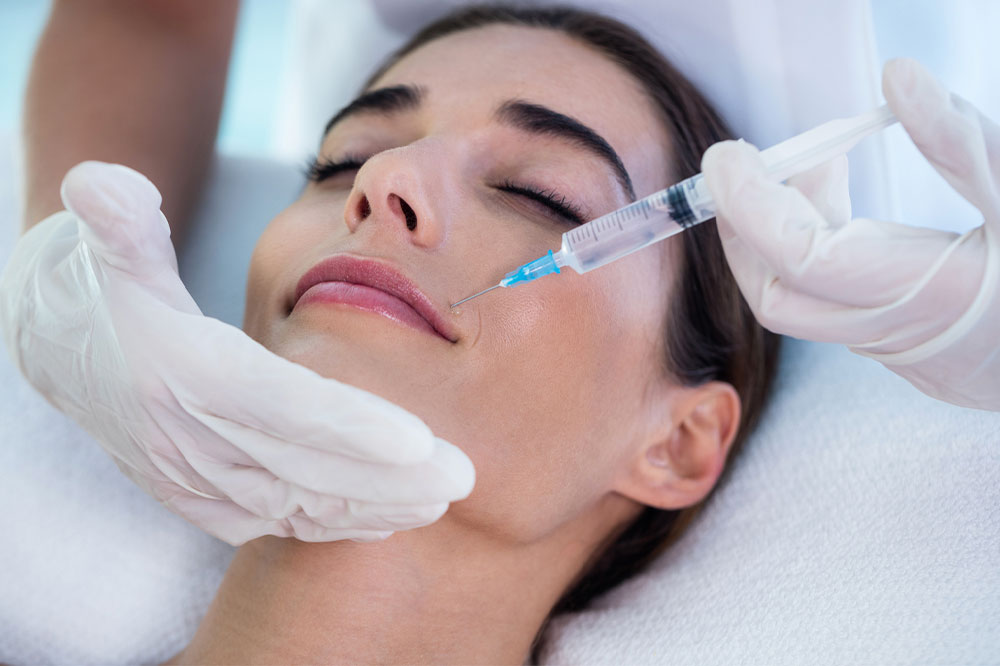
Botox Safety Tips to Treat Health Conditions
Botox is a neurotoxin prepared from the microbes that cause botulism. It has been used as a type of treatment for specific health conditions. However, appropriate use of the toxin by medical practitioners in small doses is safe and is an efficient treatment strategy for specific health issues. It is the top non-surgical treatment procedure in the country, with roughly over 15 lakh injections administered by medical practitioners in 2017. Only a handful of cases with adverse effects are reported so far. Most cases are associated with underlying health conditions. However, the use of Botox is not free from certain side effects.
Precautions before opting for Botox treatment
People who are allergic to ingredients in the Botox injection should never consider the treatment.
Botox injections should also be avoided if there is a skin infection on the planned injection site. The following points should be kept in mind:
- Care should be taken to choose a board-certified dermatologist or plastic surgeon
- The medical practitioner should have sufficient experience
- Pregnant women should avoid Botox injections
- Lactating mothers should postpone Botox therapy
Botox injections are approved only for certain specified health issues. Adequate research is required to enable the extension of its usage to other health issues. However, doctors use Botox off-label to treat similar conditions.
Temporary side effects of Botox
Like any other medication, Botox treatment is also likely to have side effects. These may disappear with time when the effects of the toxin wear off. Some of the temporary side effects may include pain, swelling, or bruising at the injection site. Headache, fever, and chills are also other minor side effects.
Treatment-specific side effects
Some side effects are associated with the area of the injection. These side effects may take a couple of weeks to fade. Some such side effects may include:
Botox injection on the eye region may cause drooping of the eyelids, uneven eyebrows, dry eyes, blurred vision, excessive tearing, and double vision. Injection around the mouth may cause a crooked smile or drool.
Serious side effects
If the dose of Botox injection is heavy and inappropriate, there may be serious and damaging side effects. In such circumstances, the treatment should be discontinued and medical attention may be required. Some of the serious side effects may include:
- Allergic reactions like itching, rash, red itchy welts, wheezing, asthma symptoms, or dizziness
- Sensitivity to light, swelling of the eyelid skin lasting for several days following eyelid injection
- Difficulty speaking, swallowing, and breathing after injection in the mouth area
- Urinary tract infection and painful or difficult urination or retention following Botox treatment for overactive bladder.
Side effects after prolonged use of injections
The effects of Botox treatment are temporary which entails follow up injections periodically. The research on long time efficacy and safety is limited. One research shows that around half of the patients who received Botox injections over twelve years showed adverse side effects including:
- Vomiting
- Heart palpitations
- Edema
- Nausea
- General weakness
- Difficulty chewing
The spread of botulinum toxin away from the injected area may cause serious side effects. A doctor’s help should be sought without delay in such circumstances. Some of the serious side effects may include problems while swallowing, speaking, or breathing, due to weakening of associated muscles. At times, these symptoms could be fatal and can result in loss of life.



